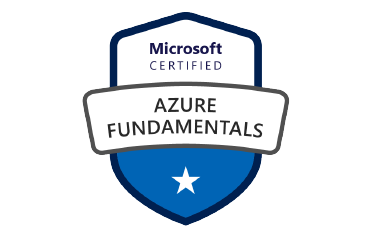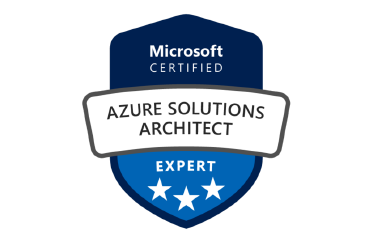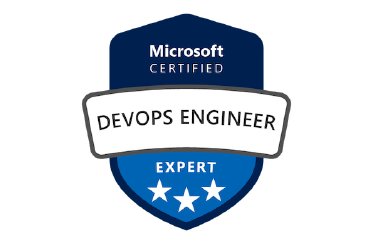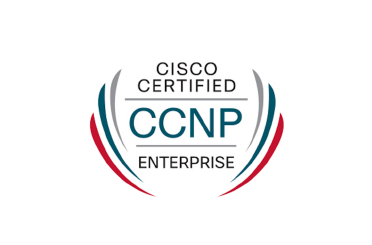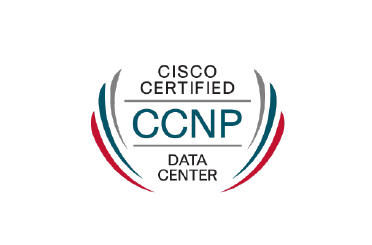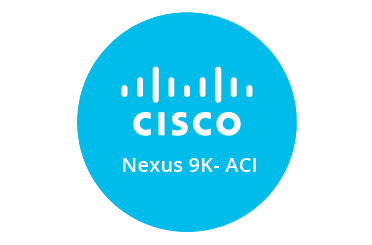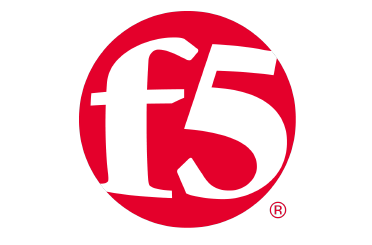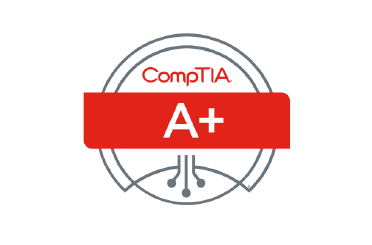Which is the best for VM, AWS, Azure or Google Cloud?
The competition for leadership in the public cloud computing is a three-way race: AWS vs. Azure vs. Google. Clearly, for Infrastructure As A Service (IaaS) and Platform As A Service (PaaS), Amazon Web Services (AWS), Microsoft Azure and Google Cloud Platform (GCP) hold a commanding position among the many other cloud companies.
Amazon is particularly dominant. According to a 2020 report from Synergy Research Group, "Amazon growth continued to closely mirror overall market growth so it maintained its 33% share of the worldwide market. Second ranked Microsoft again grew fast than the market and its market share has increased by almost three percentage points in the last four quarters, reaching 18%."
Meanwhile, Microsoft is particularly strong in SaaS, while Google Cloud, with its strength in artificial intelligence, is positioned for aggressive growth as the AI market grows – and is known for offering discounts.
AWS vs. Azure vs. Google: Compute
The main computing services in the battle of AWS vs Azure vs Google are AWS’s Amazon Elastic Compute Cloud (Amazon EC2), Microsoft Azure’s Virtual Machines, and Google Cloud’s Compute Engine. All three boast scalability, top security, flexibility, per-second billing, a wide variety of supported operating systems, and high speed! Each offer trial versions and free-tier products and services. Let’s see what makes each unique.
AWS Compute:
Amazon Elastic Compute Cloud web service provides scalable compute capacity in the cloud. Easily increasing and decreasing capacity in minutes and can order thousands of server instances simultaneously. AWS Auto Scaling monitors your apps and automatically scales capacity to maintain optimal performance at the lowest possible cost. Amazon EC2 is integrated with a vast majority of AWS services, providing better compatibility and flexibility than ever. Amazon servers are highly reliable and their SLA commitment is 99.99% availability for each EC2 Region.
Amazon’s other compute products:
- Amazon EC2 Auto Scaling
- Amazon Elastic Container Service for Kubernetes
- Amazon Elastic Container Registry
- Amazon Lightsail
- AWS Batch
- AWS Elastic Beanstalk
- AWS Fargate
- AWS Lambda
- AWS Serverless Application Repository
- VMware Cloud on AWS
- AWS Outposts
- Elastic Load Balancing
Microsoft Azure Compute:
Virtual Machines visualize a wide range of computing solutions including development and testing, running applications, and data center extension. Its open-source software supports a full range of Linux distributions, Windows Server, SQL Server, Oracle, IBM, and SAP. Virtual machines can be created for both on-premises servers and on the cloud, and can be integrated to provide global load balancing.
Its other compute products are:
- Virtual Machine Scale Sets
- Azure Kubernetes Service (AKS)
- Service Fabric
- Container Instances
- Azure Batch AI
- SQL Server on Virtual Machines
- SAP HANA on Azure Large Instances
- Web Apps
- Mobile Apps
- API Apps
- Azure CycleCloud
Google Cloud Compute:
Google Compute Engine creates virtual machines that run in its data centers and worldwide fiber network. It supports instances with up to 160 virtual CPUs, 3.75 TB of memory, and persistent SSD and HDD disks up to 64 TB in size. Google automatically discounts prices for long-running workloads, and their environmentally friendly global networks of data centers consume 50% less energy than the typical datacenter.
Compute Engine offers a wide range of features including:
- Container Orchestration with Google Kubernetes Engine (Kubernetes was originally developed by Google)
- Predefined and Custom Machine Types
- Local SSD
Data is stored differently based on type, use case, and requirements. A popular YouTube video, your class photos, and classified homeland security documents have different security, access, and availability requirements. Object storage is best for large quantities of unstructured data, while block storage is optimized for structured data.
AWS vs. Azure vs. Google: Storage
AWS Storage:
Amazon Simple Storage Service (Amazon S3) is Amazon’s primary scalable object storage service. Any amount of data can be stored and protected. Amazon S3 is designed for 99.999999999% of durability, and stores millions of applications from companies all around the world. Its use cases include: backup and restore, disaster recovery, archiving, data lakes and big data analytics, hybrid cloud storage, and cloud-native application data.
Other storage products for more specialized use cases are:
- Amazon Elastic Block Store (EBS)
- Amazon Elastic File System (EFS)
- Amazon S3 Glacier
- AWS Storage Gateway
- AWS Snow Family
- Amazon FSx for Lustre
- Amazon FSx for Windows File Server
- AWS Backup
Microsoft Azure Storage
Azure Storage is Microsoft’s all-encompassing data storage service. It includes the following storage types:
- File – Simple cross-platform file system
- Disk – persistent and high-performance disk space for any type of workload
- Blob – for unstructured data
- Data Lake Storage – made specifically and optimized for data analytics
- Archive – specifically for rarely accessed, hardly used data
Google Cloud Storage
Google Cloud Storage is Google’s unified object storage. Google’s approach to storage is the most simple and convenient of the three. It has a single API for all storage classes. Object Lifecycle Management helps you automatically optimize price/performance across classes.
It has four storage classes:
- Multi-Regional – for geo-redundancy and end-user latency
- Regional – for higher performance local access
- Nearline – for data typically accessed less than once a month
- Coldline – for data typically accessed less than once a year
There is absolutely no doubt that Amazon, Microsoft, and Google are some of the best when it comes to data security. They all offer expert security guidance and assistance. We are not going to tell you that one is more secure than the other; instead, we’ll highlight some of their awesome services and features!
AWS vs. Azure vs. Google: Security
AWS Security
- AWS partners offer hundreds of industry-leading security solutions that complement the existing AWS services.
- Amazon Inspector automatically assesses your applications for vulnerabilities and deviations from best practices
- With permission, you may perform penetration testing on or from your EC2 and RDS instances, but of course, there are terms and conditions.
Microsoft Azure Security
- Microsoft boasts a team of more than 3,500 global cyber-security experts working day and night to help safeguard your assets and data.
- Azure Security Center offers a unified view and control of security for all of your on-premises and cloud workloads.
Google Cloud Security
- Google data centers feature laser beam intrusion detection and biometrics. Fewer that one percent of Google employees will ever step inside of a data center.
- Data stored in Google’s cloud infrastructure is automatically encrypted at rest and distributed to maximize availability and reliability.
AWS vs. Azure vs. Google: Pricing
Each provider offers unique services and special pricing and discounts based on a lot of different factors and situations. Also, prices change all the time! Without a very detailed use case, it is difficult to get an accurate and fair comparison.
Google generally offers the lowest prices as they are competing with the two most established cloud providers, however, AWS does offer better deals on some of their long-term commitments. Also noticed that Microsoft and Google tend to advertise how much you will save if you choose them over AWS.














